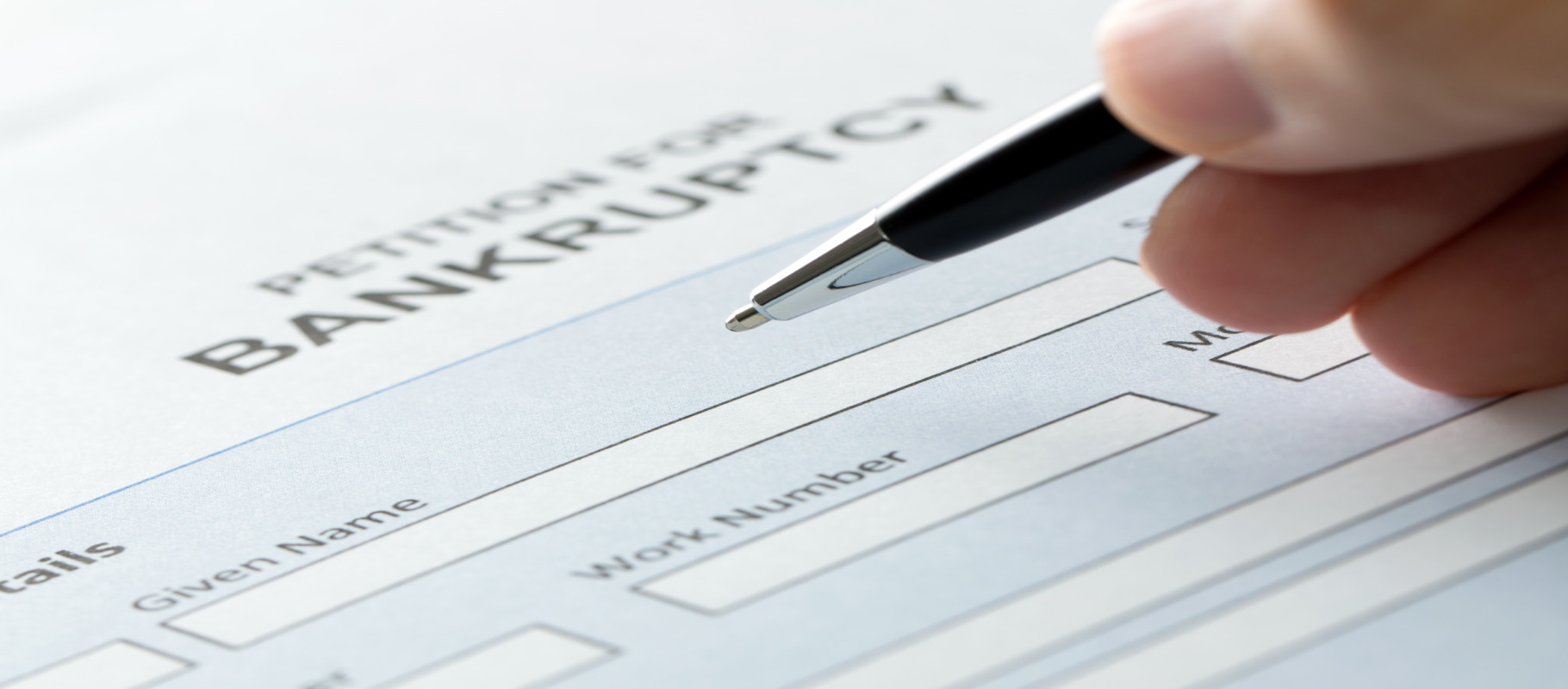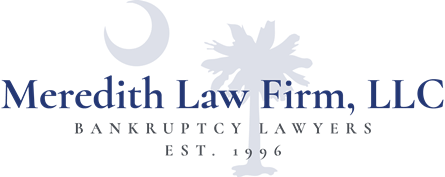
South Carolina Bankruptcy 101: Are Bankruptcy Services Right for You?
If you’re reading this guide, you might be one of the South Carolinians needing bankruptcy services. True, some people’s reckless spending and poor investments require bankruptcy. However, did you know that medical expenses are the leading cause of filing bankruptcy?
But when do you file for bankruptcy? Should I go for chapter 7 bankruptcy or chapter 11 bankruptcy? Before consulting bankruptcy attorneys in South Carolina, give this guide a read.
Our dedicated lawyers have put together a comprehensive bankruptcy guide. You’ll learn the differences between chapters 7, 11, and chapter 13 bankruptcy.
Knowing how to file for bankruptcy, or if one is necessary, impacts your personal and business finances and credit. And if your business can’t pay its debtors, make a savvy business move and read this article.
Understanding Our Bankruptcy Services
Before contacting our courteous bankruptcy attorneys in South Carolina, let’s understand what is bankruptcy. Bankruptcy is a legal process when you or your business can’t pay debts. A successful bankruptcy forgives most debt and ushers in a new financial start.
Just because you’re experiencing financial difficulty doesn’t automatically mean you qualify for bankruptcy services. However, here are common issues that require bankruptcy services:
- Job loss
- Medical bills
- Judgments
Please remember that child support, alimony, and government debt are ineligible for bankruptcy. And sometimes, divorce is another qualification for South Carolina bankruptcy services. However, divorce in itself doesn’t automatically qualify for bankruptcy.
An ex-spouse not paying alimony might need bankruptcy services from financial hardship. Our bankruptcy lawyers are experts in Chapter 7 bankruptcy, chapter 11 bankruptcy, chapter 13 bankruptcy, and student loan debt.
Student Loan Bankruptcy Services
South Carolina grants student loan debt forgiveness under particular circumstances. You must prove extreme financial hardship when seeking student loan bankruptcy services. And you must prove to the court that you tried to find suitable employment to repay the loans.
Our bankruptcy attorneys in South Carolina must file a separate claim outside the standard bankruptcy petition. Feel free to visit our student loan debt section to learn more.
Chapter 7 Bankruptcy Services
Chapter 7 bankruptcy involves how secure and unsecured debts get paid. It also involves which debts get priority. Secured debts commonly involve some form of collateral. Unsecured debts take priority over secured debts.
If you wish to dismiss secured debt, prepare to relinquish the collateral or property. Here are some common debt examples for chapter 7 bankruptcy:
- Credit cards
- Lapsed rent payments
- Personal loans
- Unpaid utility bills
South Carolina couples and businesses can also file for chapter 7 bankruptcy. Typically, you can’t file for chapter 7 bankruptcy if you already have a bankruptcy case. Also, at least eight years must pass before your new case can begin.
The Chapter 7 Bankruptcy Process
The court appoints a bankruptcy representative to help liquidate your assets. From this comes a debt priority to pay your creditors.
And before starting the Chapter 7 bankruptcy process, you must go through counseling. Bankruptcy attorneys in South Carolina require you to fill out forms. One of those forms includes the official Chapter 7 bankruptcy petition form.
This chapter 7 bankruptcy form is critical to halting wage garnishments and debt collection. A successful Chapter 7 bankruptcy typically forgives most debt with some exceptions. Sometimes, creditors might try to get you to pay them, but you don’t have to.
Qualifications for Chapter 7 Bankruptcy
Before our bankruptcy lawyers in South Carolina can help, you must show cause. There is an income limit for individuals filing for Chapter 7 bankruptcy.
Our bankruptcy lawyers in South Carolina can help you with a means test to see if you qualify. You can also view our Chapter 7 bankruptcy section to learn more.
Chapter 11 Bankruptcy Services
Unlike Chapter 7 bankruptcy liquidating your assets, Chapter 11 bankruptcy reorganizes business assets. So if your business needs time to get financial affairs in order, consider Chapter 11 bankruptcy. This form of bankruptcy also allows a business to function.
Chapter 11 is the most challenging bankruptcy service. Companies like General Motors have gone through Chapter 11 bankruptcy. During the Chapter 11 bankruptcy service, the court helps your company restructure debts.
Even though your business can remain open, you might need the court for some decisions. Also, recent law changes make it easier for small South Carolina businesses to file for Chapter 11 bankruptcy. The 2020 CARES Act (Cornavirus Aid, Relief, and Economic Security) raises the debt-ceiling bar for small businesses.
To help the Chapter 11 bankruptcy service, keep clear business records. The same goes for your business tax returns. Our bankruptcy attorneys in South Carolina can help with your reorganization plan.
Typically, your business has 90 days to submit it. You can visit our Chapter 11 bankruptcy section for more details.
Chapter 13 Bankruptcy Services
Chapter 13 bankruptcy operates similarly to Chapter 11 bankruptcy. The courts help with your business’ reorganization plan to pay creditors. Due to Chapter 11 bankruptcy’s expense, individuals don’t file it.
With Chapter 13 bankruptcy, individuals and couples can access this bankruptcy service. However, individuals whose income limit exceeds Chapter 7 bankruptcy can opt for Chapter 13.
Chapter 13 bankruptcy affords individuals to remain in their homes. This bankruptcy service halts foreclosure proceedings during the process. Our bankruptcy lawyers will help you set up payment plans.
Once your Chapter 13 bankruptcy claim gets approval, you begin paying the court-appointed trustee. The Chapter 13 bankruptcy trustee then pays the creditors.
Your unsecured debts must not exceed $420,000 for Chapter 13 bankruptcy. Secured debts have a threshold as well for Chapter 13 bankruptcy service. In addition, the court requires you to produce at least four years of federal and state income taxes.
You or your business might have to go through credit counseling. Of course, you can visit our Chapter 13 bankruptcy section to learn more.
More on Bankruptcy Services
We know that bankruptcy services can be stressful. But you don’t have to endure this financial ordeal alone. Our bankruptcy law firm has been serving bankruptcy services in South Carolina since 1996.
We also have experience in foreclosures. Our bankruptcy attorneys in South Carolina have offices throughout the state to help with foreclosure services. And of course, all of our offices await your bankruptcy services needs.
Learn more about Meredith Law Firm Bankruptcy Services. We also provide a free consultation on when to file for bankruptcy.
